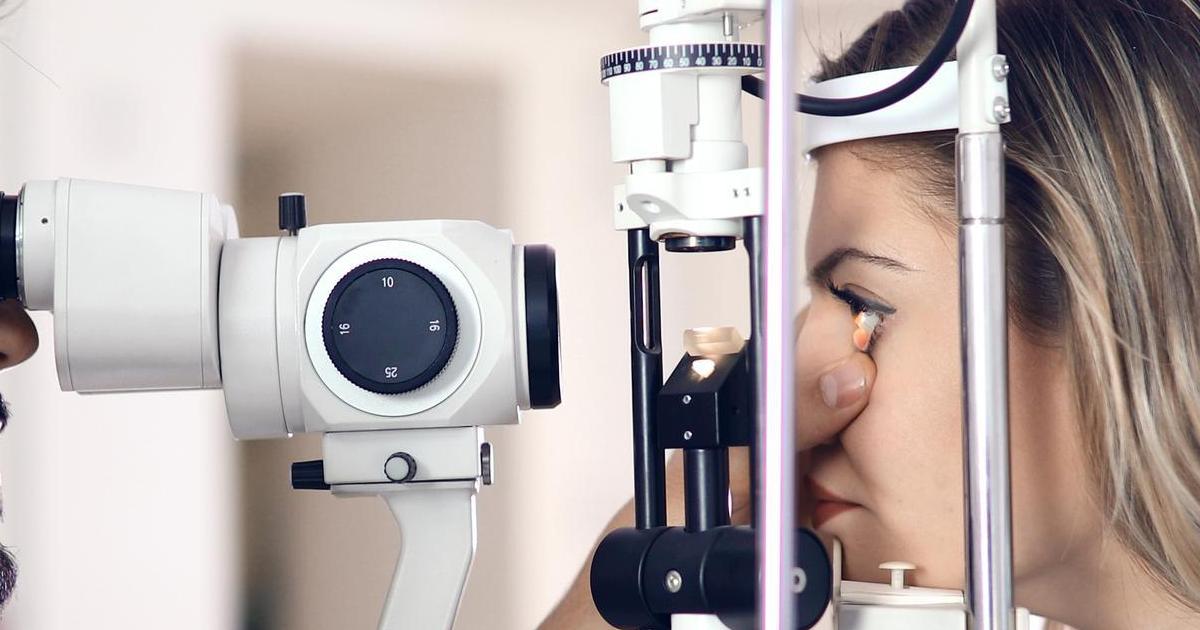Causes, Symptoms, And Treatments Of Eye Allergies
5. Diagnosis

An allergist can determine if an allergy is present or if a more severe eye condition may be the reason behind a patient's symptoms. Many symptoms of eye allergies can be treated at home; however, if symptoms persist or become severe enough to impact vision, an allergist can conduct several tests to make a proper diagnosis. Tests usually include an eye examination with a microscope to determine swollen blood vessels under the eye’s surface. An allergist may also gently scrape the conjunctiva to see if a particular type of white blood cell is found. Learn about how patients can treat their eye allergies now.
6. Antihistamine Medication

At times, the body reacts naturally to allergies by releasing histamine, a compound in the body that triggers blood vessels to dilate, forcing the walls of blood vessels too narrow and unusually permeable. Histamine causes symptoms such as watery and itchy eyes accompanied by a runny nose. Antihistamine medication contains allergic reactions by blocking the connection between body cells that produce allergic response and histamine compounds. They are most effective in alleviating itching and take time to calm redness and swelling in the eyes. Individuals may find the medication either in the form of oral tablets or eye drops. Oral medications may tag along with sleepiness, mild stinging of the eyes upon use, and headaches as side effects. However, these medicines provide longer-lasting relief. Learn about another medication option used to treat allergies now.
